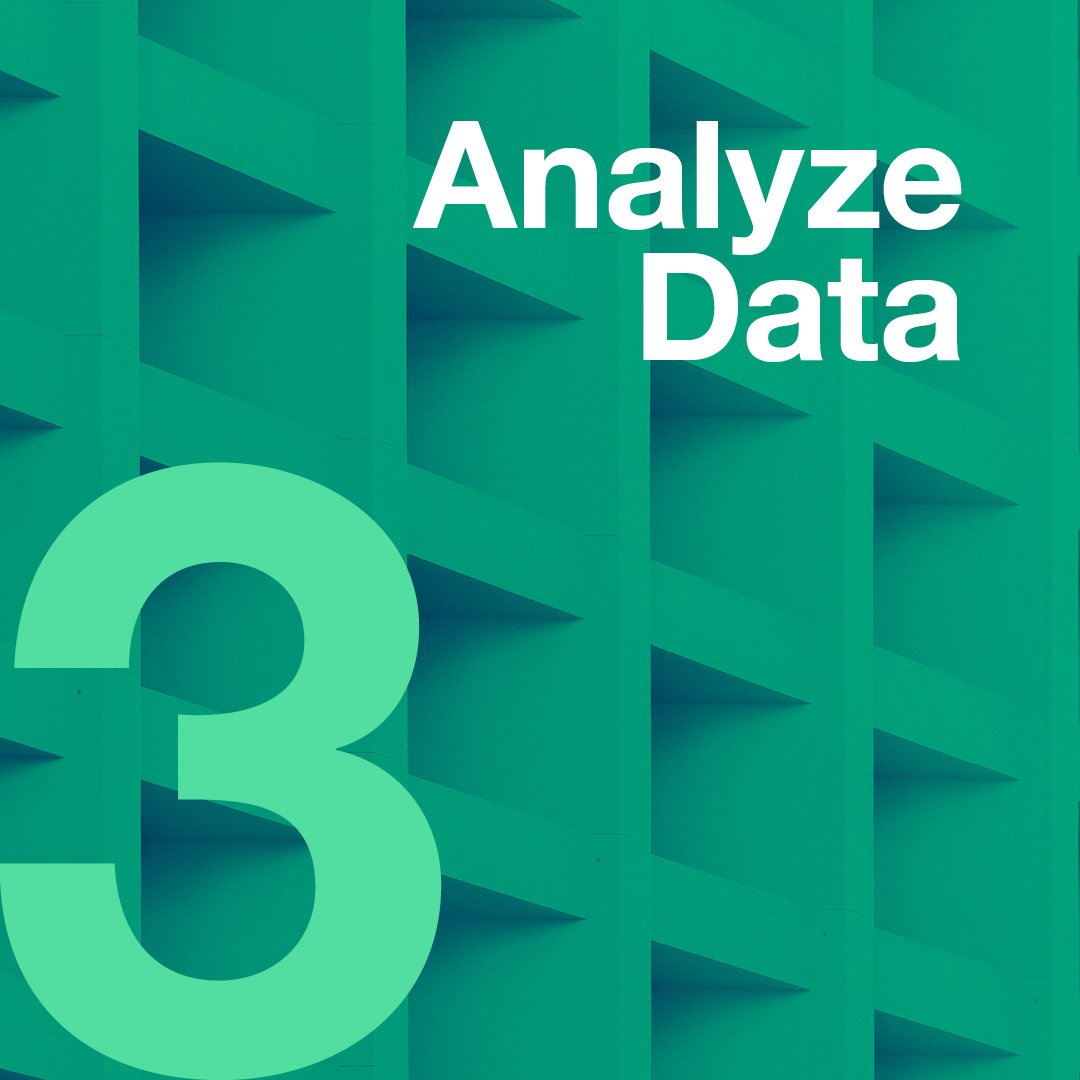Teaching and Learning Excel for Data Analysis
Why use Excel for data analysis?

Some researchers, whether student or experienced, rely on sophisticated analytic software designed for qualitative or quantitative research. Others can’t afford these packages, and need to rely on the everyday software they already have on their computers. In this video interview with Charlotte Brookfield, author of Using Microsoft Excel for Social Research, learn how Excel can benefit researchers, whether they will use in conjunction with another package or one its own.
If you want to learn more, you can use the code MSPACEQ323 for a 20% discount on a purchase of the book, through September 2023.
More Methodspace posts about Data Analysis
Rapid advancements in Artificial Intelligence have instigated introspection across the data visualisation field. Though swathes of AI discourse are characterised by hype and gimmickry, if you cut through the noise, it’s clear we are facing a significant new era of technological progress. It’s time to evolve, or die, as the saying goes. But what should our relationship with AI be, particularly with generative AI? To what extent could our authentic craft be usefully augmented by an artificial one?
We’re excited to share that Research Methods - part of the 'Research Skills Toolkit' - has been updated to reflect today’s research landscape. Discover brand new content on Gen AI, Data Literacy and more – designed to support researchers with the skills they need in their careers.
In this guest post, Sage author Carol Rivas explores the current AI capabilities for researching society and culture.
There are some perennial challenges to doing a research project that all of us have faced: formulating a research question, wrestling with paradigmatic assumptions, keeping on track of a multi-year project. The Essential Guide to Doing Your Research Project has been helping students (and supervisors) for more than 20 years. But in a post-pandemic world with the transformations being wrought by artificial intelligence, datafication, and the rise and fall of social media platforms, there are new challenges facing researchers.
As part of our ongoing commitment to delivering high-quality online learning, we are excited to announce a series of updates to our Sage Campus courses! These enhancements are designed to support academic success by providing practical resources and empowering learners at every stage of their academic journey.
Last month Sage hosted an exclusive webinar with the JASP founder, Eric-Jan Wagenmakers, and fellow JASP creator Johnny van Doorn. Based at the University of Amsterdam, these renowned experts introduced the world of teaching statistics using JASP.
Interviews with this year's winners of Sage's 10-year-impact award, Elo Satu and Helvi Kyngäs.
The editorial team for Sage Research Methods, Sage’s award-winning digital platform, invites proposals for its Datasets format. The successful submissions will be featured in the upcoming Inclusive Research Methodologies collection, launching in 2026.








